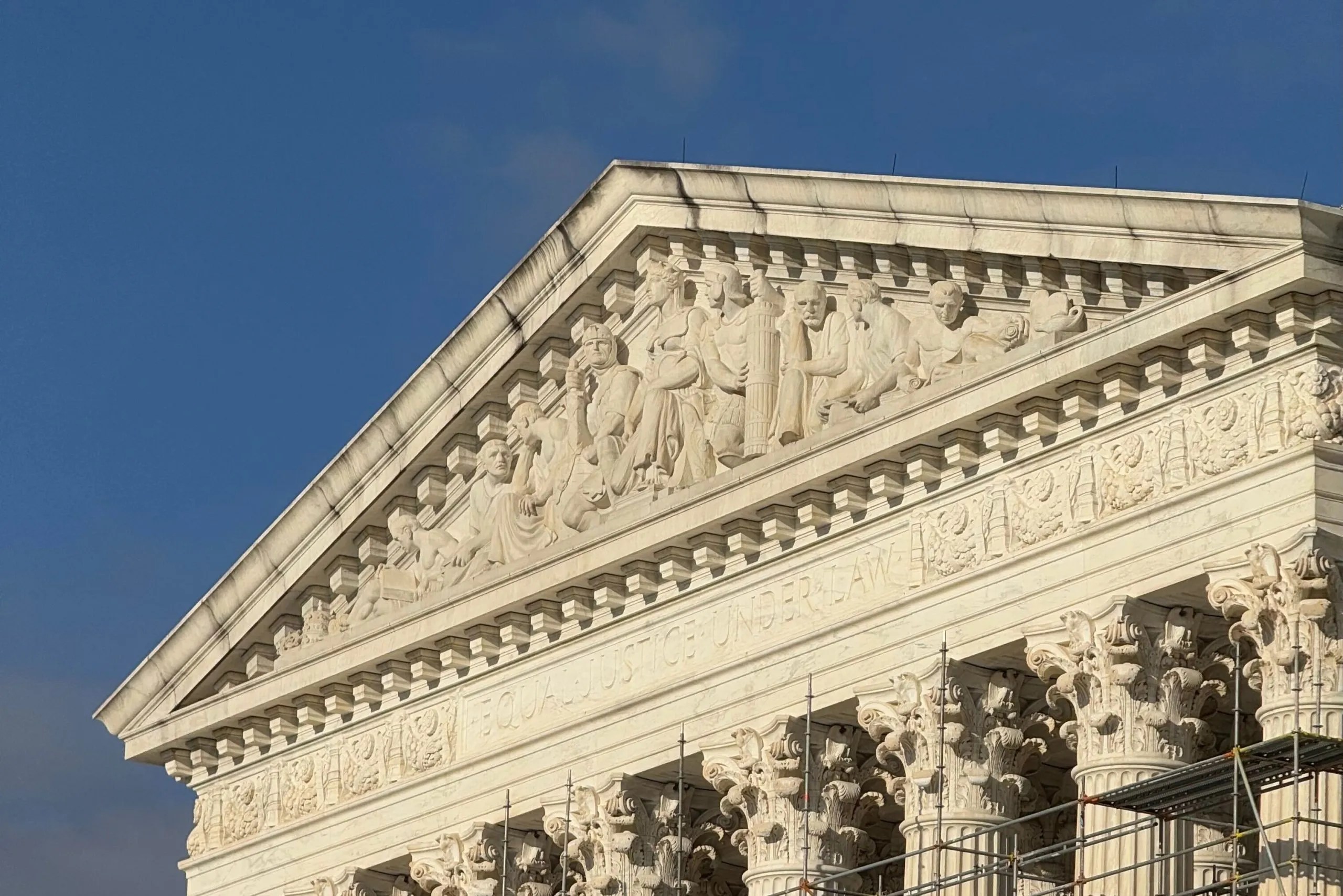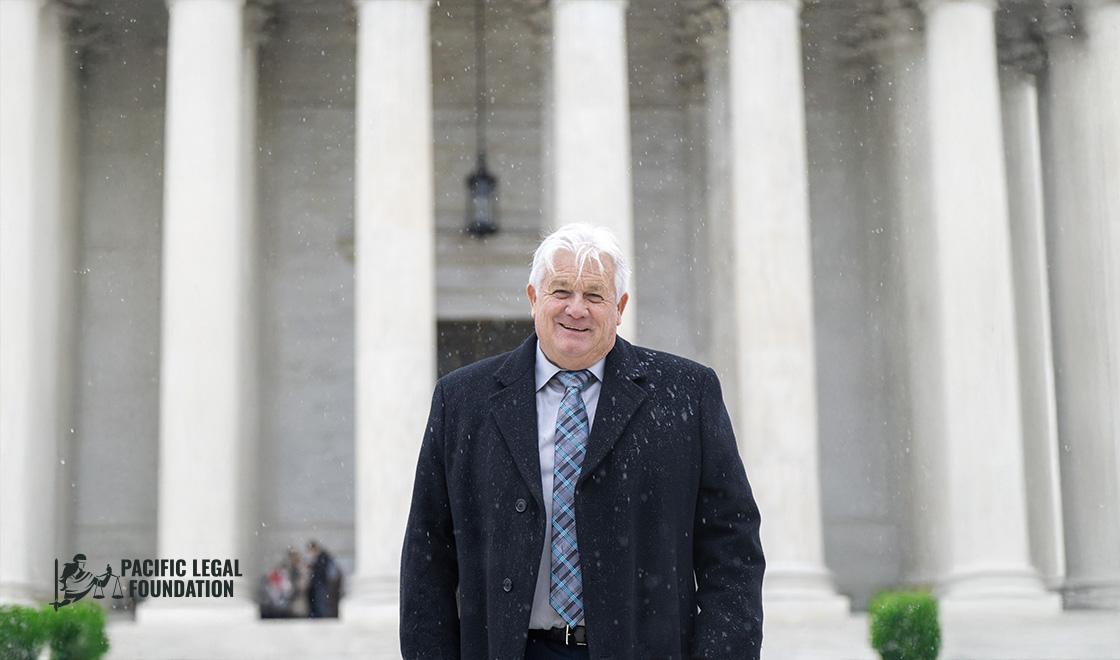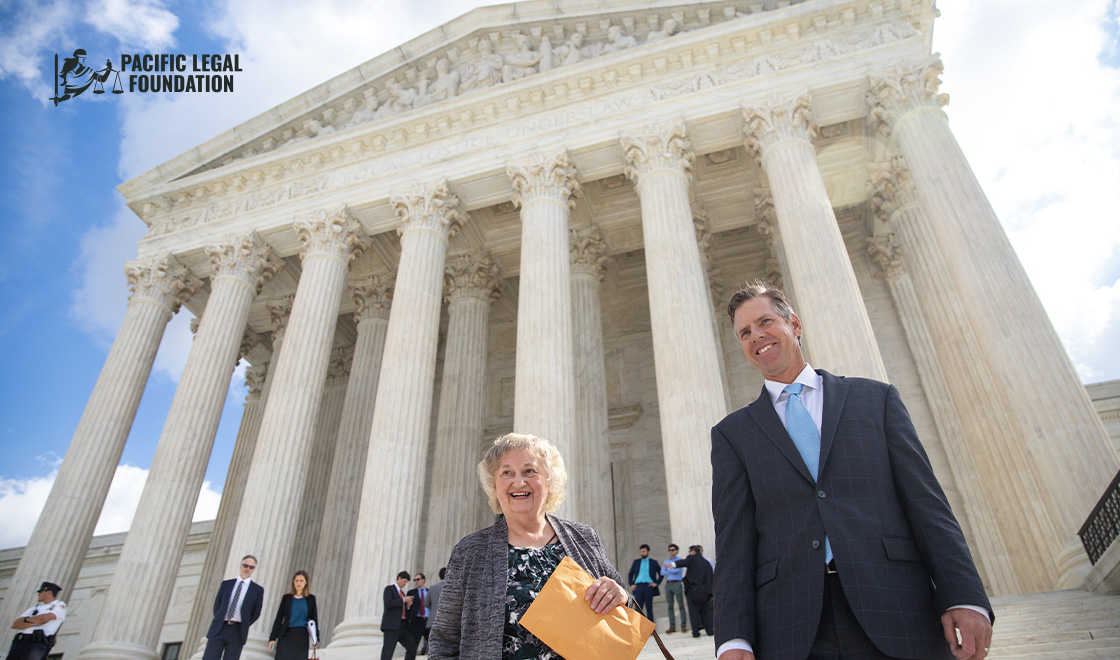SCOTUStoday for Wednesday, October 1



Welcome to October! You may associate the month with pumpkin spice and Halloween, but, to SCOTUSblog, October will always mean the court is back in session.
Morning Reads
- How Trump is attempting to Supreme Court-proof his tariffs (Courtenay Brown, Axios) — Ahead of arguments and the court’s eventual decision on President Donald Trump’s authority to impose his tariffs, the Trump administration is expanding its tariff strategy “in ways designed to withstand legal scrutiny,” according to Axios. “The latest levies — and many likely headed for a slew of industries down the line — will be implemented under a separate trade authority” than the tariffs at issue in the Supreme Court case: section 232 of the Trade Expansion Act of 1962 rather than the International Emergency Economic Powers Act. Axios reports that tariffs levied under section 232, which was “used to implement many of the tariffs during Trump 1.0,” are “less likely to be knocked down in the future.”
- Catholics hold a Supreme Court majority. How does faith affect decisions? (Joan Biskupic, CNN) — Seven of the Supreme Court’s nine justices identify as Catholic or were raised Catholic, but that doesn’t mean they all see faith-related issues like abortion and same-sex marriage the same way, according to CNN. Throughout the court’s history, Catholic justices have come down on different sides of all types of cases, including Justices Anthony Kennedy and Antonin Scalia, who were both appointed by President Ronald Reagan and who were both serious about their religious commitments. “Such differences between Kennedy and Scalia offer a reminder that the court’s conservative Catholics cover a range. There was an even greater difference with their Catholic colleague William Brennan, an unyielding liberal.”
- Tennessee lawsuit to protect public access to state meetings appealed to Supreme Court (Angele Latham, Nashville Tennessean) — The Liberty Justice Center soon will file a petition asking the Supreme Court to consider “the public’s right to access” judicial advisory meetings and hear debates on “rules of practice and procedure in Tennessee courts,” according to the Nashville Tennessean. The U.S. Court of Appeals for the 6th Circuit ruled on Sept. 17 that certain meetings of Tennessee’s Judicial Advisory Commission, which is comprised of attorneys and judges appointed by the Tennessee Supreme Court, could remain closed to the public because the meetings are “advisory, not adjudicatory.” “Justice Louis Brandeis once wrote that ‘sunlight is said to be the best of disinfectants.’ The Founders, though, recognized the benefits of sometimes keeping window curtains closed,” 6th Circuit Judge John K. Bush wrote in the decision.
- Parental Rights at the Supreme Court: Protecting Children from Government Orthodoxy (Emilie Kao, Public Discourse) — Emilie Kao of the Alliance Defending Freedom reflected on the Supreme Court’s approach to parental rights in a column for Public Discourse, contending that the court has “repeatedly protected the rights of parents to shield children from public schools’ attempts to mold them according to the government’s worldview.” She called on the justices to take up an ADF case on public school policies enabling students to change their gender identity and adopt new names and pronouns without parental approval and affirm that the Constitution gives parents the right “to direct their own child’s upbringing, education, and care.”
- ‘Hypercharged’ Is the Only Word for This Supreme Court (Kate Shaw, William Baude, and Stephen I. Vladeck, The New York Times) — In their latest written conversation for The New York Times, Kate Shaw, William Baude and Stephen Vladeck discussed the court’s most recent interim docket decisions and upcoming merits cases, including the ones on Trump’s tariffs and his power to remove the heads of independent agencies. Baude and Vladeck disagreed over the significance of the past few months, with Baude saying “we are basically in the same place, SCOTUS-wise, as we were … in July” and Vladeck saying that tension between the justices and lower-court judges has escalated notably since then. They also briefly touched on books by current or former Supreme Court justices and recommended Commentaries on the Conflict of Laws by Joseph Story and The Business of the Supreme Court co-authored by Felix Frankfurter.
SCOTUS Quick Hits
- On Monday, Venezuelan citizens living in the United States urged the court to prevent the Trump administration from ending their protected status in a filing on the interim docket.
- A list of the cases that the justices granted during their “long conference” on Monday is expected to be released sometime in the next few days.
- The first day of the 2025-26 term is next Monday, Oct. 6. Today, we will begin publishing our previews of cases to be argued on Oct. 6, 7, and 8.
A Closer Look: Wong Kim Ark
Long before an executive order from President Donald Trump thrust the concept of birthright citizenship back into the national spotlight, a man named Wong Kim Ark brought his battle over what’s owed to babies born in the United States all the way to the Supreme Court.
Ark was born in San Francisco to non-U.S. citizens around five years after the country ratified the 14th Amendment, which states that “all persons born or naturalized in the United States, and subject to the jurisdiction thereof, are citizens of the United States.” At 21, he went on a trip to China. When Ark returned to the U.S. after the trip, he was denied entry. Immigration officials said he was not a U.S. citizen because his parents were Chinese citizens at the time of his birth.
Ark sued to be recognized as a U.S. citizen, contending that officials were violating the 14th Amendment. The Supreme Court agreed in an 1898 decision, which held that application of the amendment’s promise of birthright citizenship is not restricted “by color or race” even though it was written to establish the citizenship of Black people.
In a key passage, Justice Horace Gray for a six-justice majority wrote that the 14th Amendment “affirms the ancient and fundamental rule of citizenship by birth within the territory, in the allegiance and under the protection of the country, with the exceptions or qualifications (as old as the rule itself) of children of foreign sovereigns or their ministers, or born on foreign public ships, or of enemies within and during a hostile occupation of part of our territory, and with the single additional exception of children of members of the Indian tribes owing direct allegiance to their several tribes.” The passage will likely loom large in the debate over Trump’s birthright citizenship order if the Supreme Court takes up the case this term.
Even after his Supreme Court win, Ark faced deportation in 1901 after a run-in with immigration authorities in El Paso, Texas, after a trip to Mexico. He successfully challenged his deportation in court and continued living and working in the U.S.
On Site
From Kelsey Dallas
The State of the Death Penalty
So far this year, the court has not granted a single request to postpone an execution. That trend continued on Tuesday when the justices denied a request for a stay of execution from Victor Tony Jones, who was put to death hours later, becoming the 34th person executed in the United States this year. Ahead of the court’s announcement in Jones’ case, Kelsey analyzed the state of the death penalty and the Supreme Court’s role in the surrounding debate.
From the Archive
Thanks to emergency applications on the interim docket, the court’s summer recess wasn’t quite as restful this year as term breaks typically are. Still, SCOTUSblog had time to explore some lighter topics, like which heavy metal bands match the personality and practices of each Supreme Court justice. Read Zachary Shemtob’s analysis to understand why Chief Justice John Roberts is Judas Priest and why Justice Neil Gorsuch is the most metal justice on the court.
Posted in Featured, Newsletters

